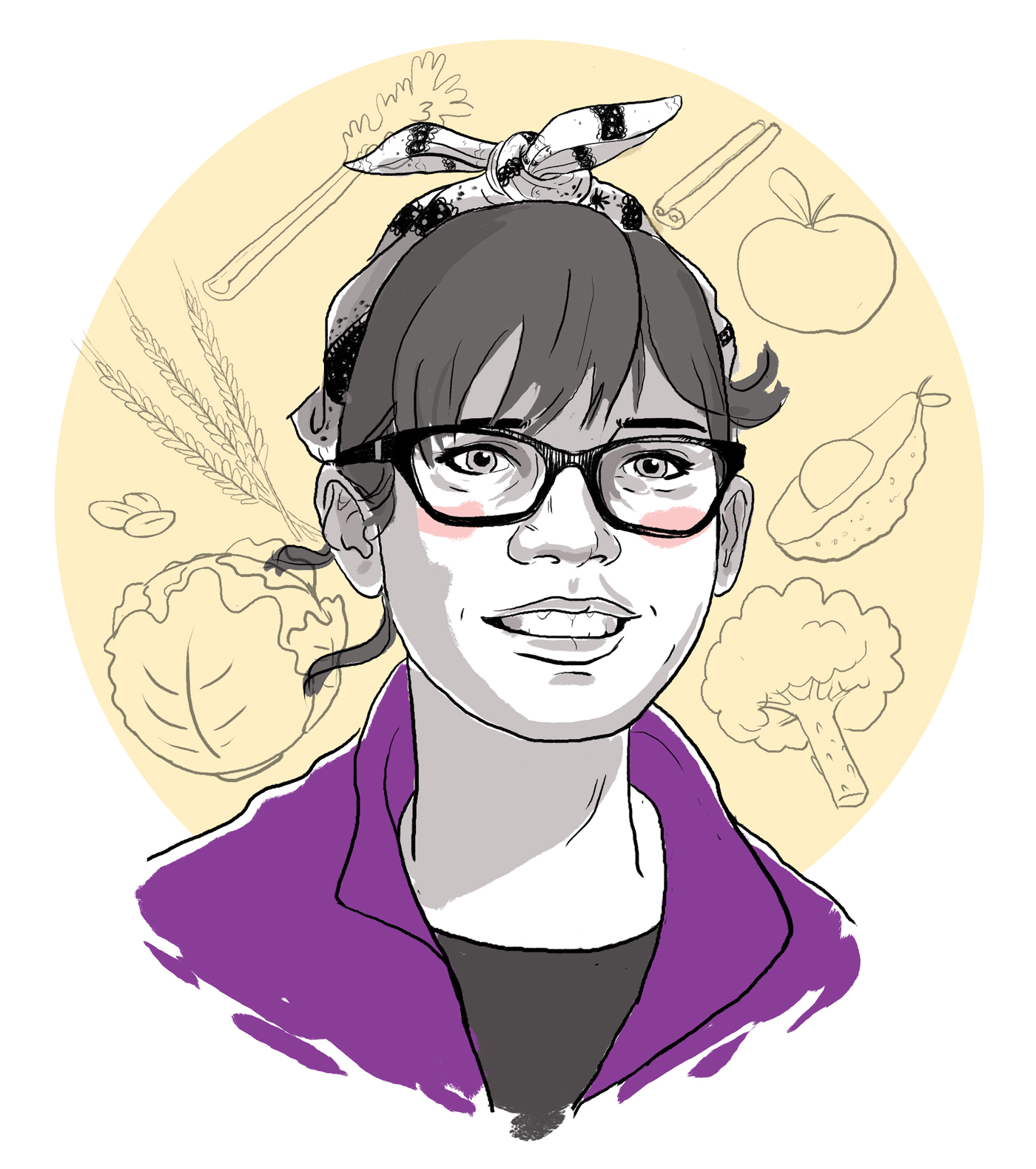Anecdotes: Our Periods and the Menstrual Cup - TheSMARTSeed
Description
About a year ago I came across a Canadian charitable organization called--Femme International. An NGO working in Kenya and Tanzania committed to advancing the rights of women and girls through targeted programs that focus on menstruation, sexual health, and feminine hygiene. Through education and the creation of a “Femme Kit” young women and girls are given the means to manage their periods safely and hygienically, central to the success of their “Femme Kit” is the menstrual cup.
For many women and girls who live in the lowest economic bracket “having your period” is more than a nuisance. It can create economic strain, and in the most serious of situations prevent an individual from consistently participating in the regular routines of societal life. In Kenya, the average cost of a package of sanitary pads is $1 CAN. Pretty reasonable, right? Well, when you consider the average daily income of an unskilled labourer in Kenya is $1.50 CAN, this means that women must often choose between properly managing their periods or food and shelter. Often, women resort to other means: leaves, newspapers, rags, etc. which either do not work or lead to infections and discomfort. Due to the fact that some young women are unable to access appropriate menstrual products, girls in Kenya miss an average of 4.9 days of school a month--a direct result of their period.
The menstrual cup or known by it’s various brand names:The Diva Cup, The MeLuna Cup, or the MoonCup is a medical grade silicone cup that is inserted into the vagina to collect menstrual fluid. They are anti-microbial, do not contain any harmful bleeches or chemicals, unlike the majority of pads and tampons, and there is no threat to Toxic Shock Syndrome. Depending on your flow you may keep the silicone cup inserted for up to 12 hours, and, lastly, if maintained properly one silicone cup’s life cycle could last up to ten years. This means that a young women in Kenya can attend an eight hour school day or go to work without worrying about having to find clean toilets.
It means that all women, can save a tremendous amount of money over the long term by switching from disposable products to non-disposable products. It means that every woman can have a positive impact on the environment by completely erasing the garbage created by disposable pads and tampons. However, although the positive impact may be obvious for those in developing countries, who must deal with alternatives that are too expensive and a public infrastructure that is inadequate for their needs, to the average Westerner the change to something better is slow to come. In the United States, an estimated 12 billion pads and 7 billion tampons are thrown out annually. On average, women throw out 300 pounds of feminine hygiene related products in their lifetime. So, why the hesitation? If the option is out there, why aren’t we choosing it?
I am going to be abrupt about this--My periods suck! I won’t be coy. For two days out of the five every month I kick back tylenol on the regular to relieve a pain that is intense and unforgiving. The pressure, the bloating, my vagina feels like it is on fire. The pain makes it impossible for me to hide my cycle, so I don’t. I have never missed work, but every time I stroll in and a co-worker asks, “How are you doing?” I tell them. “I am ill. So, if I grimace in pain or lean against a table know why and if you can have some sympathy than that is appreciated.” I suppose because the pain can be great that it has forced me to re-negotiate my relationship with my body. If you can barely feel it and it’s simply an annoyance then perhaps one can just shoo shoo it away. Shoo shoo the negativity, the grossness, and the shame.
That’s how I was taught--to give it no mind. When I think about my menstrual cycle or menstrual cycles in general what comes to the foregro
More Episodes
For s***s and giggles, let’s say that I, hypothetically of course, lived on a farm, a peach farm to be exact. I’ve picked all of my peaches and counted out the ones that I would need for canning. After I’ve done my counting I have two bushels of peaches left that I do not need. Therefore, I need...
Published 01/15/18
Published 01/15/18
I’m indifferent. I guess that is the best word I have, and, surely, it can be argued that this is the worst type of being. To have no passion, no hate, no love, no opinion of one thing or another. To simply be uninterested, so much so, that you care not to know. Actually, there is no “care”--it...
Published 10/27/17


